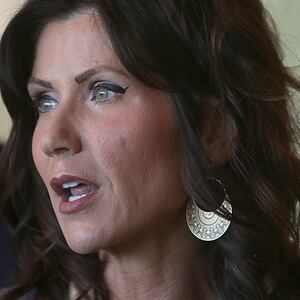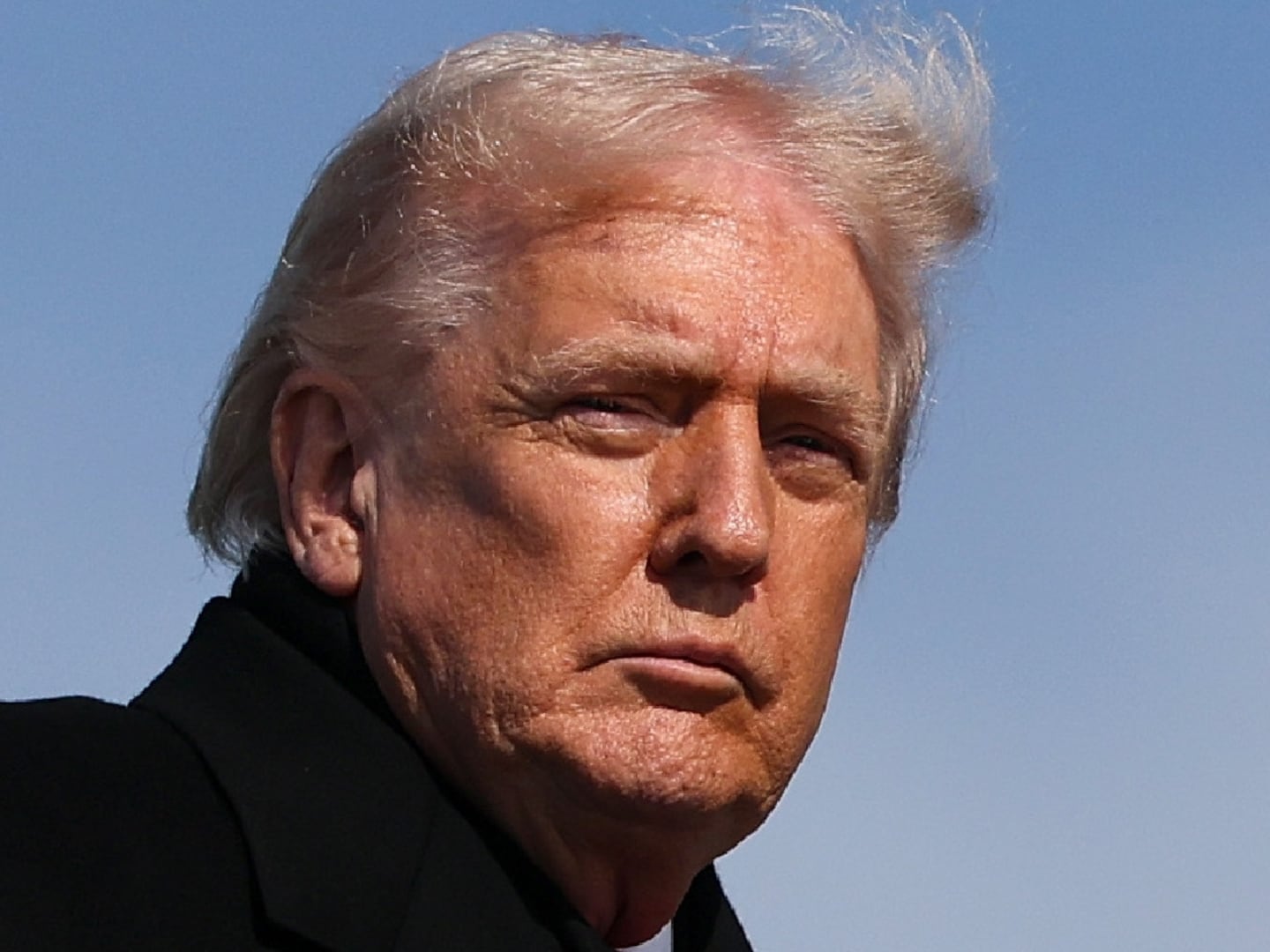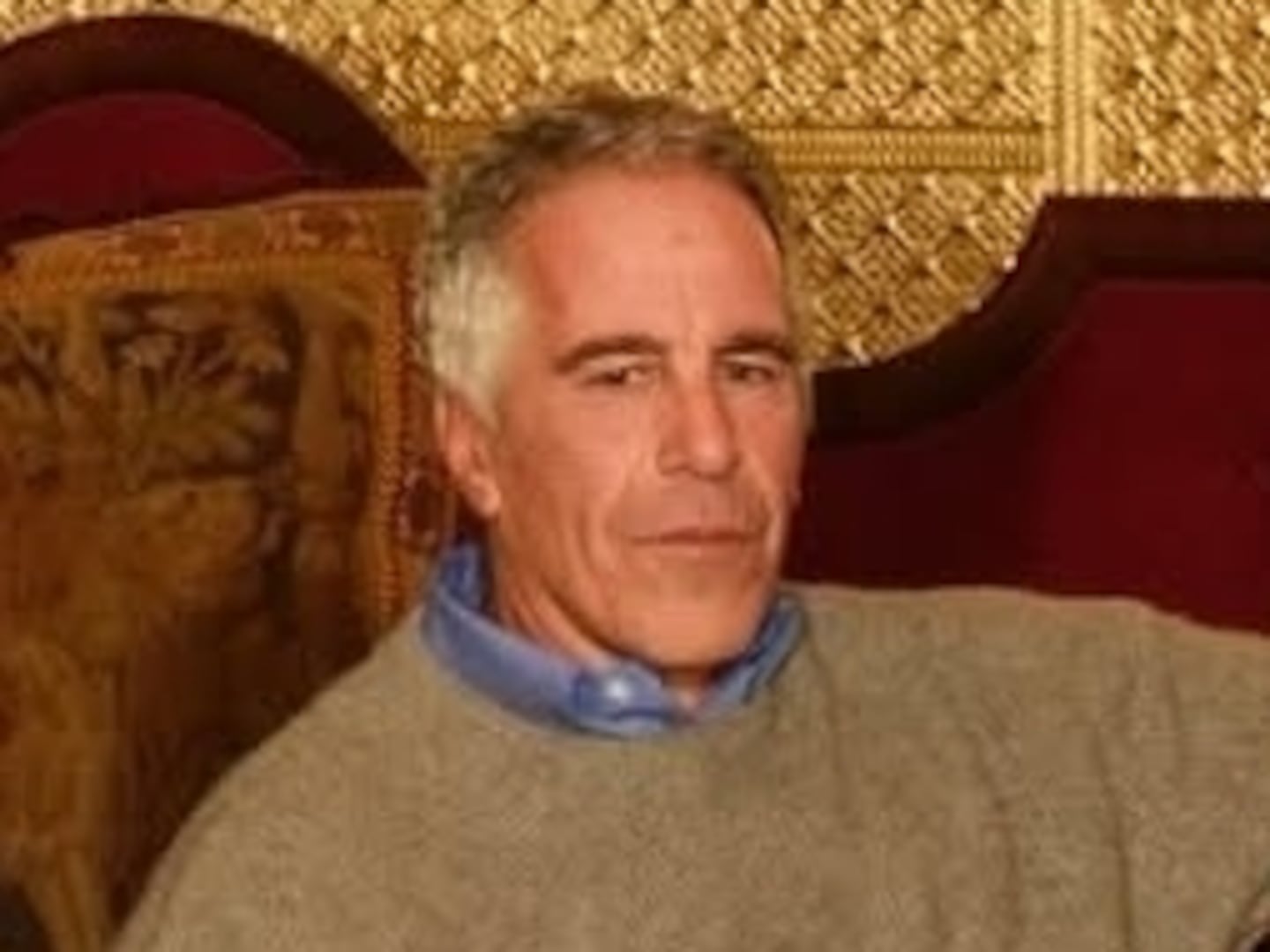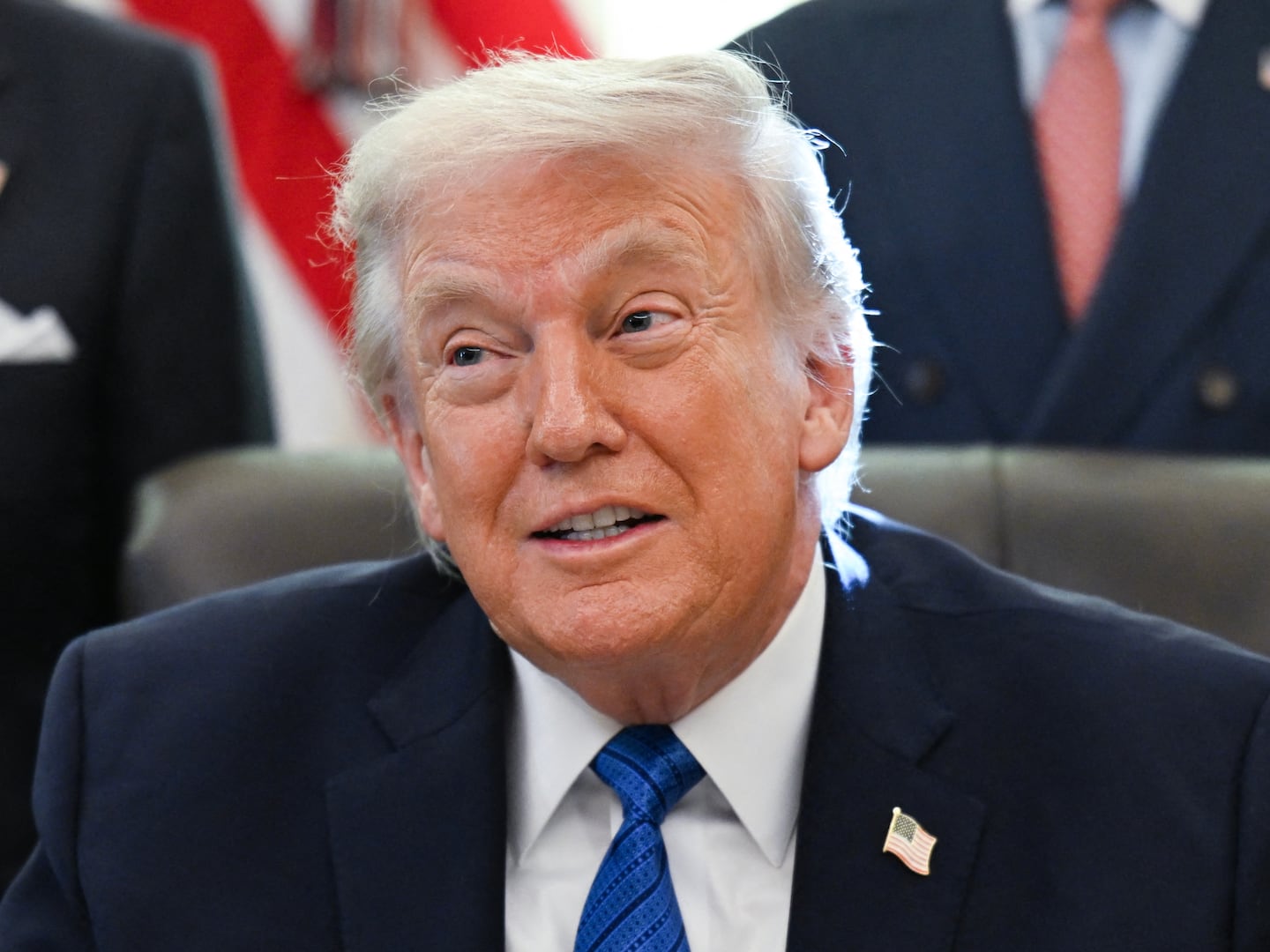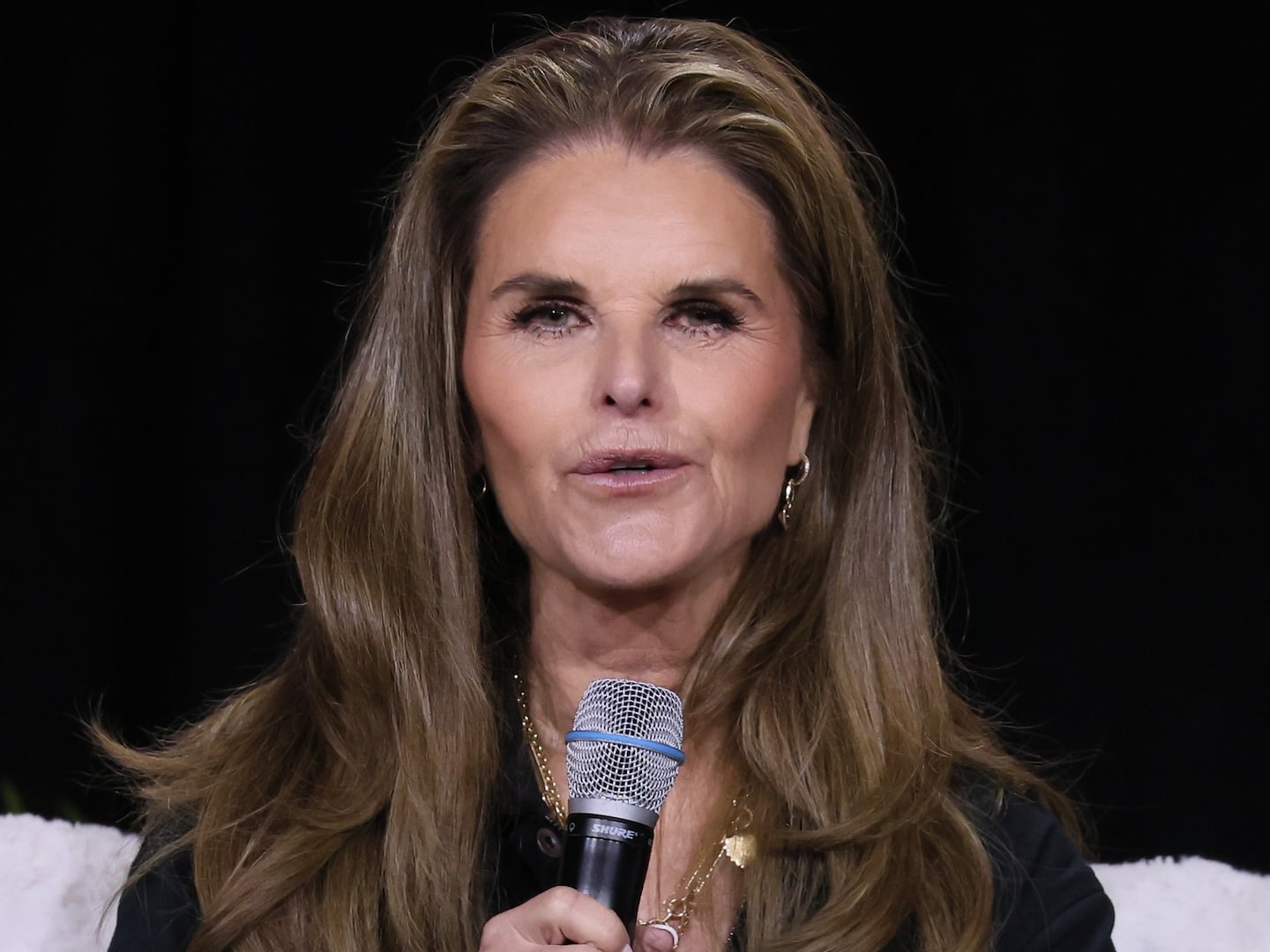If health and safety fears weren’t enough to trouble local officials during the coronavirus pandemic, some Republican leaders are making it clear to nervous locals that their health restrictions could lead to a legal fight.
GOP state leaders in Texas and South Dakota have sent clear warnings in the last week challenging areas in their state going rogue when it comes to health measures as the leaders practice a much more lax approach. Alabama’s Republican attorney general has also struck a similar tone in his state during the pandemic, warning in a statement late last month that municipalities’ expansive powers “is not a license to abuse them.”
Onlookers say the tense dynamic playing out between states and local leaders over policy is nothing new in American politics.
“This has been an issue ongoing for a long, long time,” said Lawrence Gostin, director of the O’Neill Institute for National and Global Health Law at Georgetown University. “But now, it's playing out in life or death consequences.”
The pandemic has further shown how deep the partisan divide can be in the country, even when it comes to trying to keep people healthy and safe. That continues to put medical officials in a difficult spot, as health directors in states have become the subject of backlash from some for extending restrictions this month.
"I think it’s very unfortunate that this pandemic is exacerbating political partisan differences," said Dr. Timothy Brewer, a professor of medicine and epidemiology at UCLA. “And it’s unfortunate that we all haven’t been as active as possible to try to get beyond that and come together as a nation to address what really is a global public health crisis. It is too bad that we haven’t been able to put the politics behind us."
The battle over health restrictions has become one of the most divisive pandemic-era battlegrounds, with Republican officials largely moving faster than Democrats to try and push life to more of a sense of normalcy.
In Texas, that dynamic caused Republican state Attorney General Ken Paxton’s office to send letters to the mayors of Austin, San Antonio and a trio of counties chiding them over specific measures. The issues targeted included local mask requirements, which went farther than what the state would allow, and shelter-in-place orders.
His office touted in a statement the public scoldings served as a “warning that some requirements in their local public health orders are unlawful and can confuse law-abiding citizens.”
"It shows a concerning lack of coordination between states and cities on how to address the pandemic and how to deal with questions about reopening," Columbia Law School professor Olatunde Johnson said.
Each of the letters quickly pointed to the potential of a legal battle, with one urging officials to “act quickly to correct these mistakes to avoid further confusion and litigation challenging these unconstitutional and unlawful restrictions.”
The threat of legal action over health measures bothers Gostin "a great deal."
“What it tells me is the (officials) are using a political agenda that will put people in their own state at risk of illness and death,” he said. “And they're willing to use the law to block evidence-based health and safety measures. And that's unforgivable.”
The lingering threat of legal intervention towards restrictions has also been seen at the federal level. Late last month, Attorney General Bill Barr directed U.S. attorneys to “also be on the lookout for state and local directives that could be violating the constitutional rights and civil liberties of individual citizens.”
The following day, Alabama Attorney General Steve Marshall, while not making an explicit legal threat in a statement, noted that despite state law giving “municipalities broad ‘police powers,” in public safety and health matters, “these powers must be exercised within constitutional parameters.”
Others have been far more direct in the days since.
In South Dakota, the fight took the form of Gov. Kristi Noem feuding publicly with a pair of Sioux tribes over highway checkpoints. Noem had already seen her star rise on the right over her resistance to coronavirus measures.
Her threat last Friday that the state would “take necessary legal action,” if the checkpoints, maintained by the tribes because of health concerns during the pandemic, weren’t eliminated in the following 48 hours once again made the governor a major figure in the national GOP narrative.
A spokesman for the governor confirmed Thursday that the state had yet to take any legal action towards the tribes on the checkpoints.
While Republican state officials have emphasized potential litigation to try and get their way, a major state case this week showed the possibility of the courts rolling back a Democratic administration’s restrictions statewide.
In Wisconsin, a challenge from GOP leaders to Democratic Gov. Tony Evers’ administration’s restrictions caused the state Supreme Court to dismantle the moves in a ruling Wednesday, triggering a celebratory tweet from President Donald Trump.
“The Great State of Wisconsin, home to Tom Tiffany’s big Congressional Victory on Tuesday, was just given another win,” Trump tweeted. “Its Democrat Governor was forced by the courts to let the State Open. The people want to get on with their lives. The place is bustling!”
Back east, one Democratic governor is showing there’s a partisan flip side to restrictions threats as well.
Pennsylvania Gov. Tom Wolf, in remarks provided by his office, warned Monday that “other discretionary funding won’t go to counties that put us all at risk by operating illegally,” as reopening tensions remain high nationwide. Business owners in the state also received a similar warning from the governor that included the possibility of losing certificates of occupancy and liquor licenses.
Uncertainty over who has the definitive say on restrictions has become a troubling theme in the last month. President Trump, after falsely claiming total authority over state reopenings in April, has since made it clear that it’s up to states when it comes to those decisions.
But in recent weeks, local officials have made clear that just because their governor wants to see restrictions eased, that doesn’t mean they’re eager to follow suit.
There are “some pretty big political tensions,” in many states involving Republican governors and Democratic local officials, said Donald Kettl, a public policy professor at the LBJ School, University of Texas at Austin. He also noted an "incredible partisan divide,” between Republicans and Democrats during the pandemic.
“So much of what is now happening on the front lines of the battle against the virus has to do with the block-by-block, business-by-business decisions about whether or not to reopen," Kettl said. “And those are as close to local decisions as you can possibly get.”
In Georgia, Savannah Mayor Van Johnson said Republican Gov. Brian Kemp’s actions have superseded his ability at the local level. Rather than having to fear the possibility of a legal challenge, Johnson has found himself limited by Kemp.
“(It) essentially means we could do absolutely nothing,” Johnson, a Democrat, said.
And as he faces the impact locally of the decisions made by his home state governor, Johnson said he has struggled to reach the Republican leader amid their disagreements during the pandemic.
"We've reached out to him by phone and by letter,” Johnson said.“They have not responded to us. There's been just no communication. And we serve the same people."


